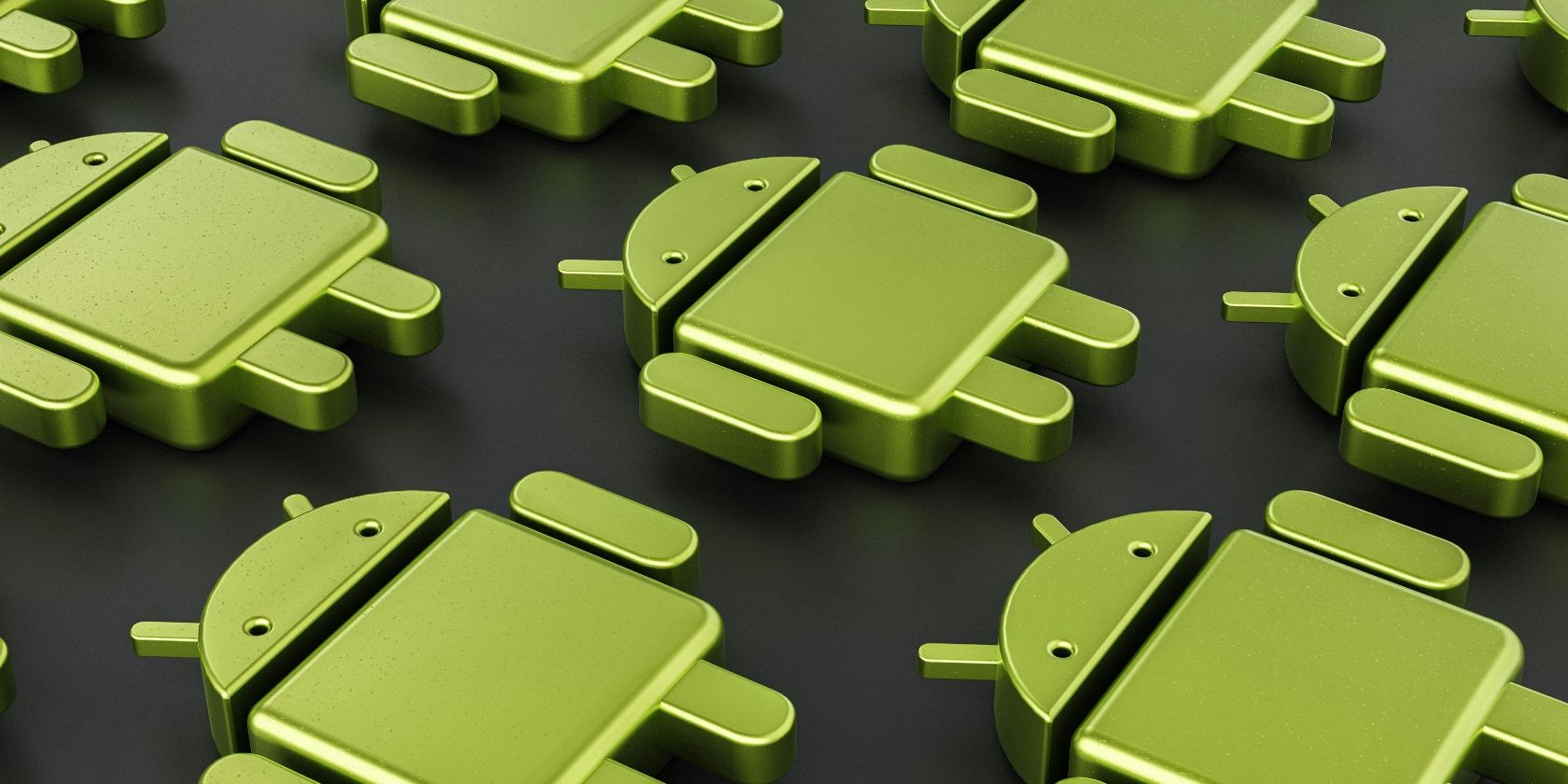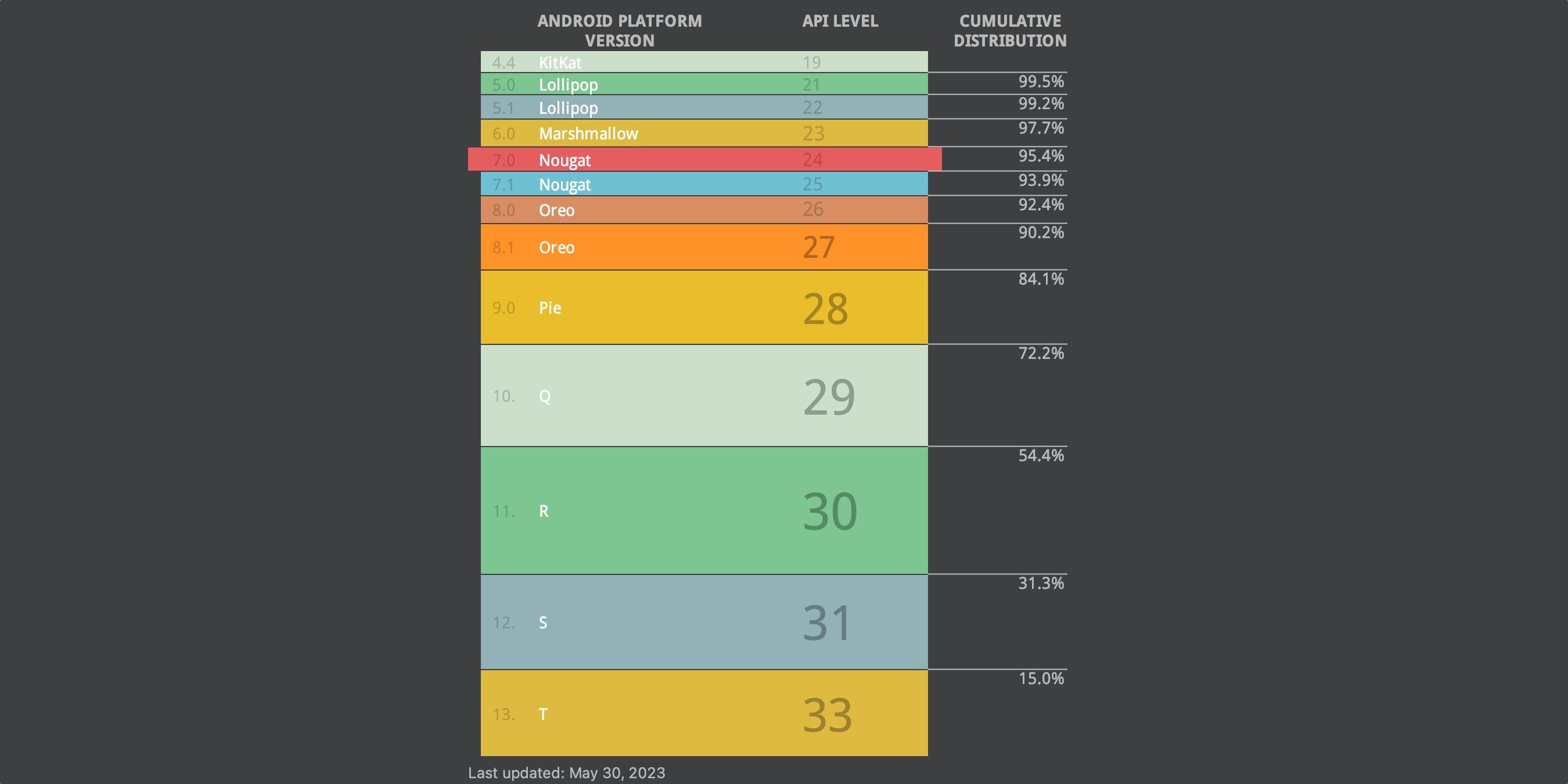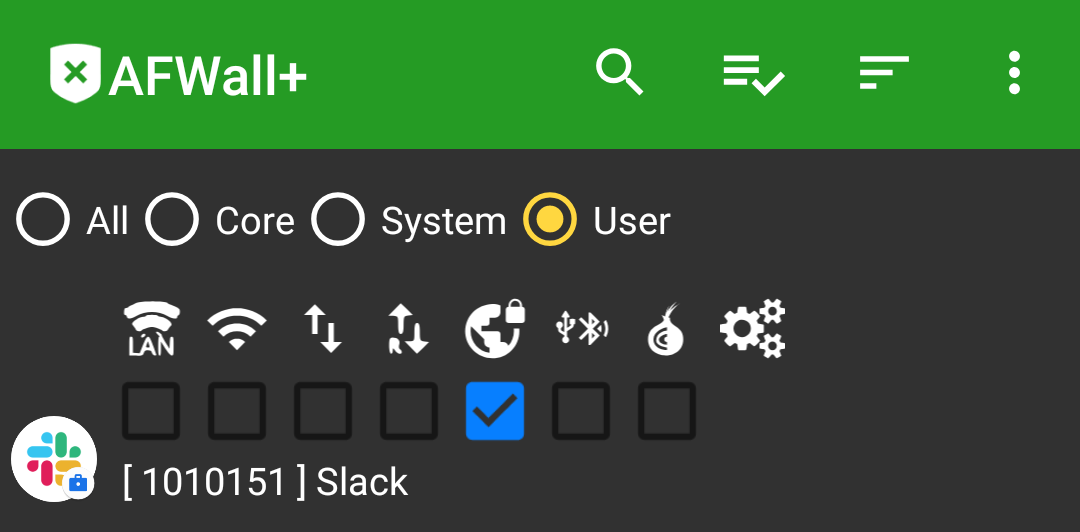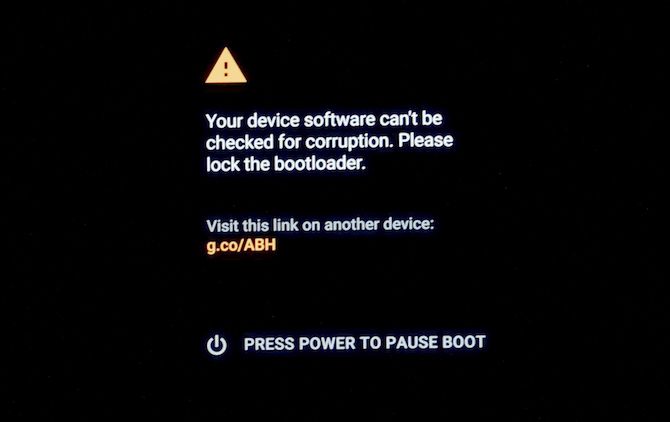Key Takeaways
- Android has improved significantly, making rooting less necessary. Stock ROMs are better, and manufacturers offer more OS updates.
- Rooting can still be beneficial for installing custom ROMs and getting the latest Android versions, especially for budget or less renowned devices.
- Rooting will block most finance apps from working and leave you open to potential security problems.
Not so long ago, the first thing many Android enthusiasts would do to a new phone was root it. It was essential to fix problems, add new features, and improve battery life. But Android is now a lot better than it used to be. So do you still need to root your device?
Reasons to Root an Android Device
There's no escaping the fact that many of the best reasons to root have now been fixed. But from performance enhancements to security updates, there are still a few good reasons why rooting and modding Android is worthwhile.
Install Custom ROMs and OS Updates
The ability to install a custom ROM remains the biggest draw for modding and hacking Android. Technically, you don't need root to do this—you just need an unlocked bootloader and custom recovery—but the two tend to go hand in hand. Being rooted enables you to use an automated flashing app like ROM Installer, and custom ROMs usually come pre-rooted themselves.
In the past, using a custom ROM was essential for enthusiasts to fill the gaps in the Android operating system and to replace the ugly, bloated interfaces that manufacturers would use on their devices. These days, Android is very polished, and most stock ROMs are far less offensive than they were.
That said, a custom ROM still represents the best and often only way many users will be able to use the latest version of Android. The picture has improved a lot in recent times, with Samsung now promising up to four OS updates for its main devices, and Pixel phones getting as many as seven.
But if you have a budget phone or tablet, or one from a less renowned manufacturer, then a custom ROM might still be your best chance to get the newest version of Android. And more importantly, if you pick the right ROM, you'll continue to get security updates long after official support for your device has ended.
Remove Bloatware
No matter how much it bugs users, manufacturers and carriers continue to install extra apps onto their phones. You often can't uninstall this so-called bloatware, although Android does have a Disable feature that removes the apps from the app launcher and prevents them from running.
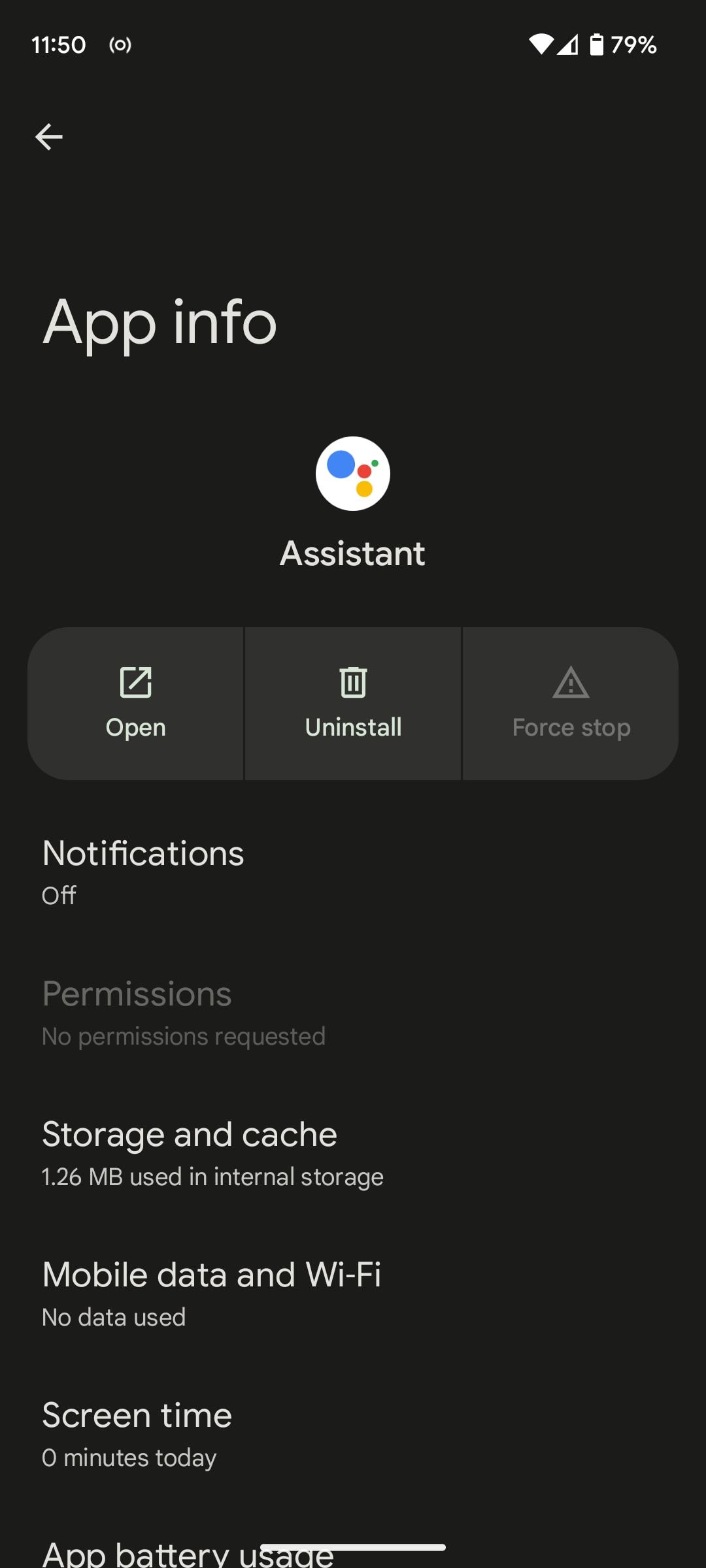
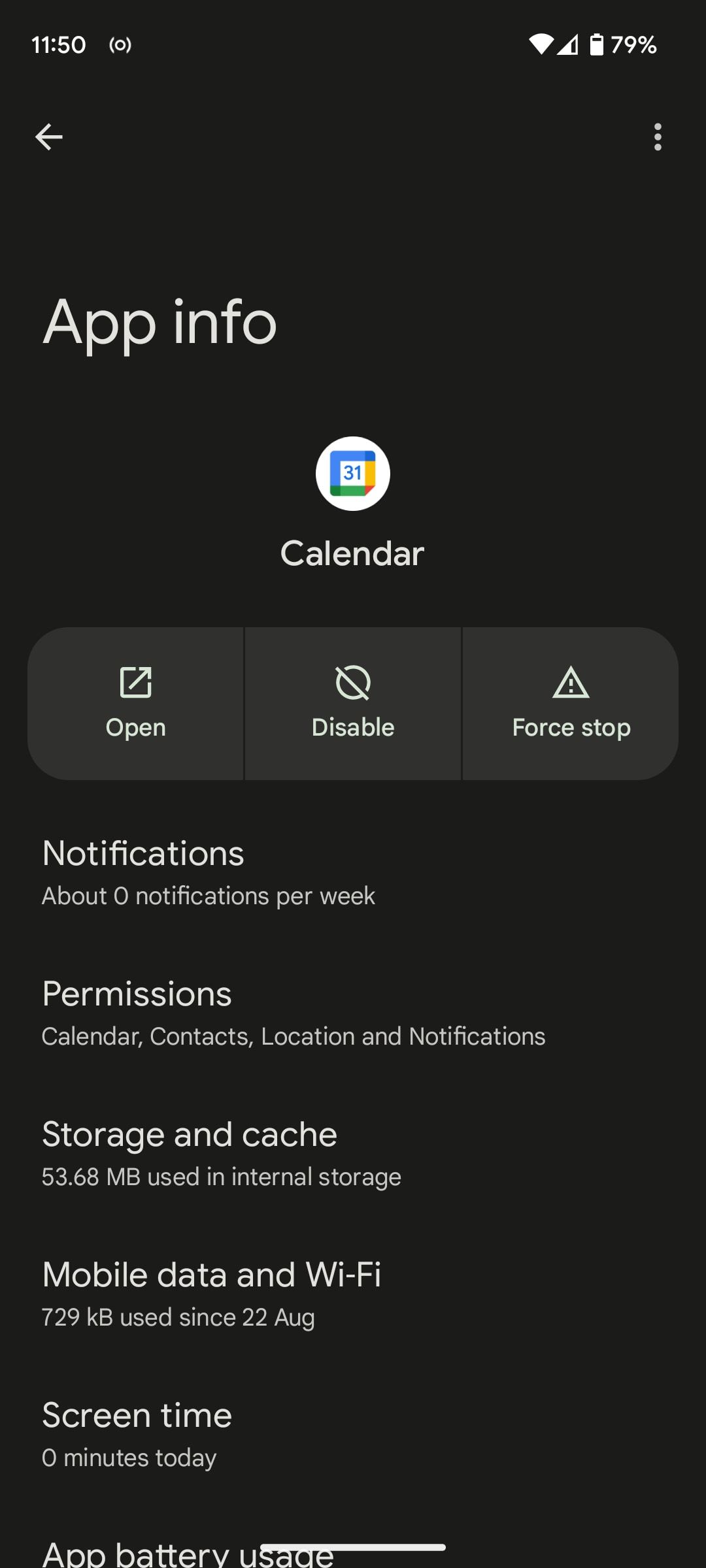
Not every app has a Disable option, though, or maybe you'd just prefer to remove them entirely. You can use the ADB tool to remove bloatware, but a rooted phone running Titanium Backup would make the job easier.
And then there's the ultimate step in anti-bloat: ditching Google itself. Removing Google apps and disconnecting yourself from Google Play Services is a huge step, but if you want to take control of who gets to see your data, it's one worth considering.
Take Control of Your Phone
Taking control is one of the biggest benefits of rooting. It gives you the ability to deny permissions to certain apps, and prevent others from running in the background where they drain your battery and eat through your data allowance.
This is another area where Android has made big strides over the last few versions. It now offers more granular permissions controls, and is better at controlling what apps can run in the background, meaning popular root apps like Greenify are no longer needed.
But if you want full control, rooting is still the way to go. Rooting opens up your phone to a whole host of additional apps. Some are small, geeky tools, but others perform essential functions that are still missing from the Android operating system.
As an example, you can use the firewall app AFWall+ to control which apps can access the internet, and how. You can restrict certain apps to only connecting over Wi-Fi and not mobile data, and you can prevent those apps that don't need an internet connection from even being able to. It's perfect for managing both your privacy and security.
You can get a firewall app, like NetGuard, that works without root. However, this requires a permanent local VPN connection, which is not convenient for everyone. The root option is far more powerful.
Because You Can
Finally, we have to acknowledge that many of us root our phones just because we can. Maybe we like the extra control we get from it, want to test the limits of the hardware by installing a custom kernel, or just like to try something different. If this is you, and unlocking the bootloader is the first thing you do when you unbox a new phone, then the next section won't matter at all.
Why You Shouldn't Root an Android Device
Like it or not, there are risks associated with rooting. The process opens up access to parts of the system that are normally blocked for security reasons. As a result, a badly-coded app can brick your phone. A maliciously coded app can do even worse. You need to know what you're doing, and be sure to trust any apps you give root access.
It's Getting Harder to Do
Perhaps as a result of the risks, a lot of manufacturers and carriers are making efforts to lock down their devices.
There's a trend for U.S. carriers to ship their devices with bootloaders that cannot be unlocked. Some phone makers put obstacles in your way to discourage it—you might have to apply for a code, join a program, or use a specific app to do it. It all depends on what device you have. Pixels and OnePlus phones are among the most root-friendly.
You'll Have App Problems
Equally, you can lose app compatibility. Android has a feature called SafetyNet that determines whether a device has been rooted or had its bootloader unlocked. Developers can use SafetyNet and decide whether to prevent their apps from working on devices they deem insecure.
Many banking and other financial apps won't work on rooted phones, along with wallet apps and Google Pay. There's a good reason: rooting is inherently insecure, so any apps that require a certain level of protection may be off limits. This can even apply to apps that need to protect the content that they serve, like Netflix.
As rooting and modding become more difficult, and you need to find more workarounds, the process becomes more complex. You could reach a point where the inconveniences of rooting start to outweigh the benefits. And you even risk a greater chance of bricking your phone.
Warranty Issues
How does rooting affect your warranty? The simple answer is that unrelated problems shouldn't affect the warranty at all. So if your USB port comes loose, then your claim shouldn't be rejected just because you're running a custom ROM.
But the warranty won't cover software problems. Brick your phone when trying to install or use a particular mod, and you'll need to fix it yourself. And remember that mods can also cause hardware problems. If your phone reboots every time you launch the camera, it may be your custom kernel to blame.
Either way, it's always a good idea to return to stock before making a warranty claim. However, Samsung phones among others, permanently record the fact that you've rooted or installed a custom ROM, and there's no way to hide it.
Is Android Good Enough Without Rooting?
We've looked at some of the pros and cons, and there are good reasons on both sides. But perhaps the best reason to not root is that Android is now good enough without it. Android used to be very rough around the edges, and rooting felt like a necessity.
But over the last decade, the operating system has been refined in every way. The UI now has a classy, modern look; you have more control over app permissions, making the system more private; battery life improves with every update as background apps are reigned in; and even the update process is virtually solved.
Rooting used to be a good way of extending the life of your phone. Now, if you pick the right one, you can expect to go five years at least before you next need to upgrade.
You No Longer Need to Root
So do you need to root your Android phone? We'd argue that while it was once necessary, it's now pretty much only something for hobbyists and enthusiasts to do. It's still a lot of fun to tinker with your device and push the limits of what it can do. But for most users, Android is now good enough right out of the box.

